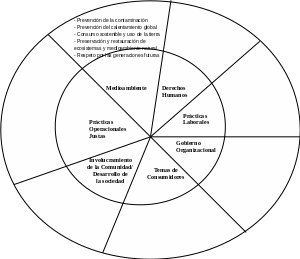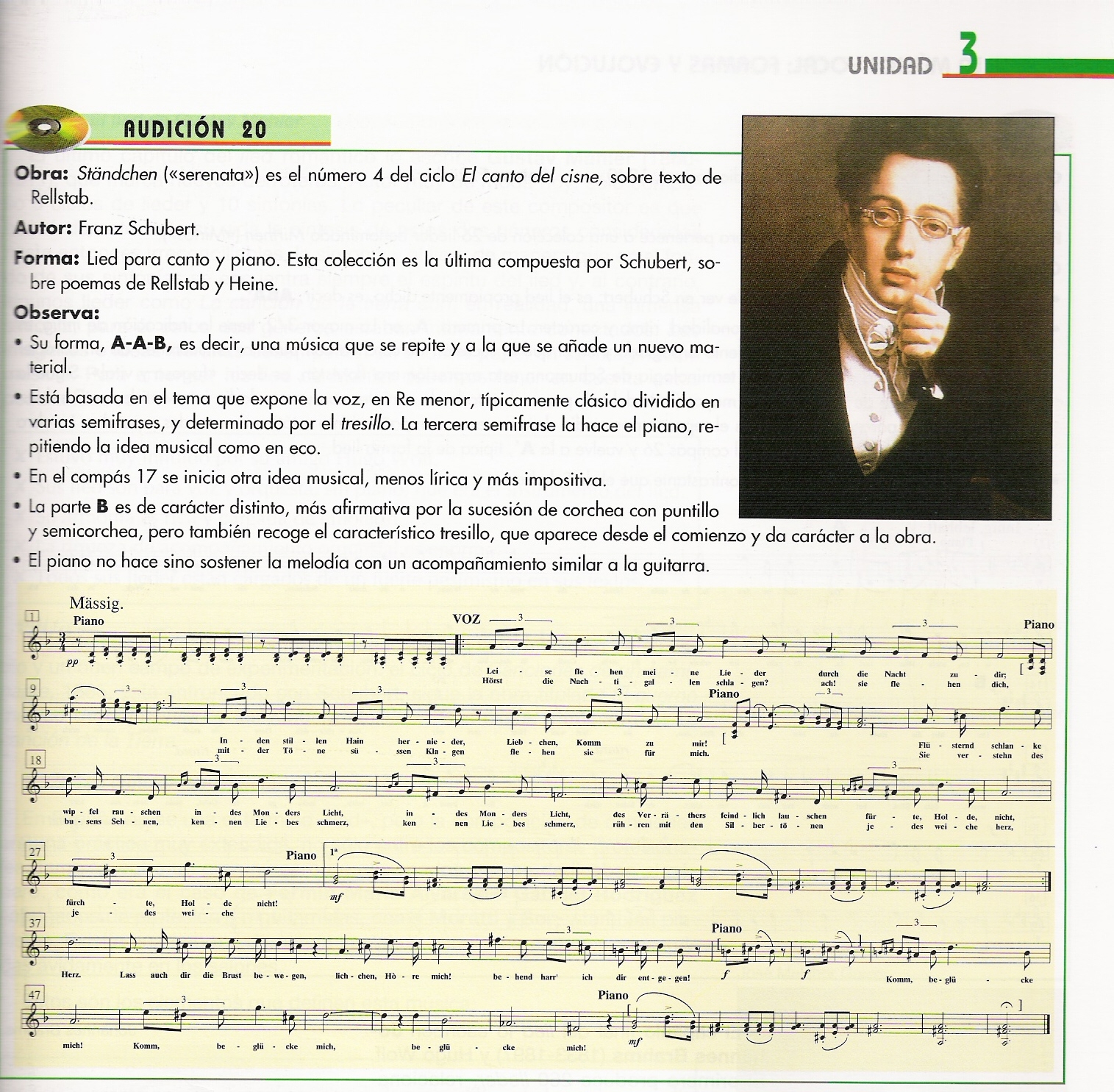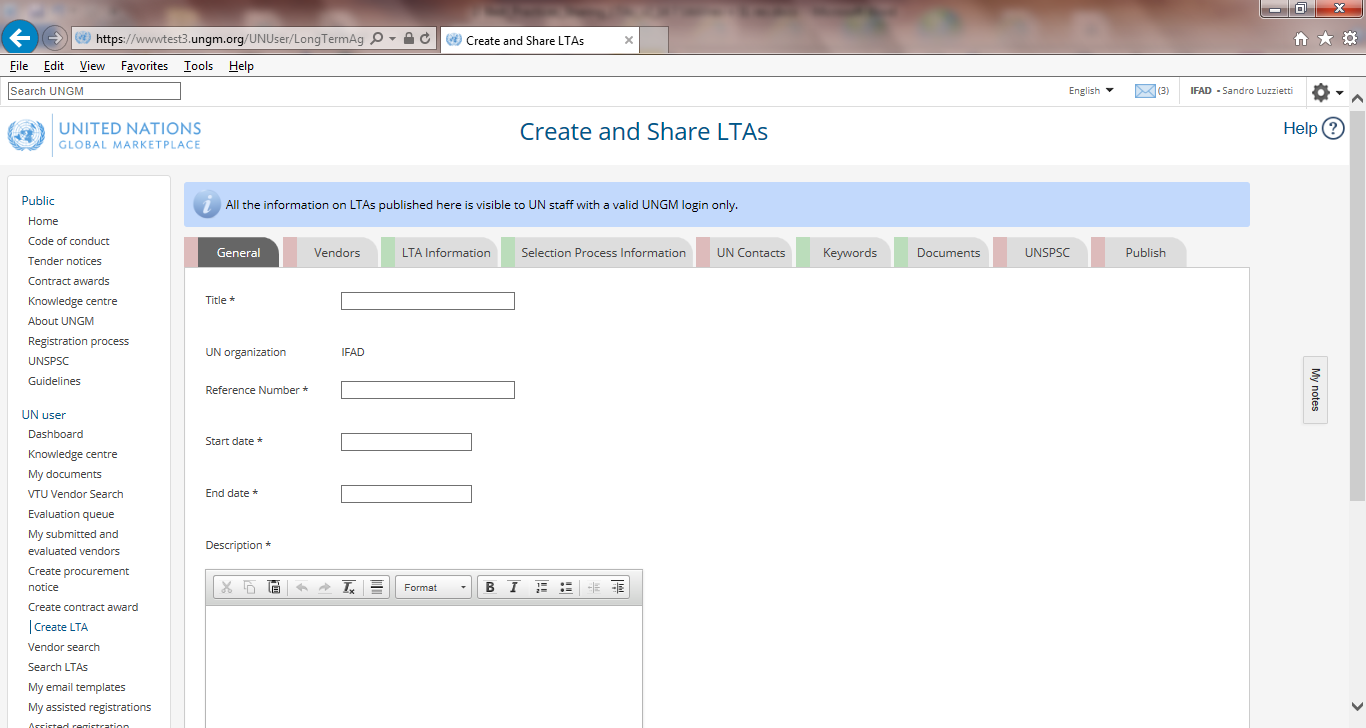council of europe - strasbourg, 20 october 2010 gypsy council report for the council of europe. report dated 19th october 2010 the gypsy
Council of Europe - Strasbourg, 20 October 2010
Gypsy Council Report for the Council of Europe.
Report dated 19th October 2010
The Gypsy Traveller communities (diaspora) of the UK, have (like
almost every other Romani and Traveller community in Europe) been
excluded from the UK main stream society, although they have been
documented as existing in the UK for hundreds of years.
The UK Romani Gypsy and Traveller communities have retained certain
historic aspects of culture, lifestyle and language which have
hindered, or prevented them from achieving a degree of acceptance, or
the ability to achieve equal status with the rest of the UK society.
The current situation that the UK Gypsy Traveller communities find
themselves in is unacceptable I a modern European society, as is
usually the case with other Gypsy Romani Groups in Europe.
The Romani Gypsy Traveller issue as a whole is some thing which needs
to be looked at as two entirely separate issues.
First there is the issues related to the now indigenous Romani Gypsy
and Traveller populations of each member country of Europe,
Scandinavia, USA (or North America) South America and what remains of
the old eastern block countries.
Second there are the issues related to the new Romani Gypsy and
Traveller (mostly Irish Traveller) migrations throughout Europe,
Scandinavia and the east.
In this document I refer mainly to the UK, Scandinavia, Europe and the
Eastern Block Countries.
While the problems that relate to the Romani Gypsy Communities (often
known in Europe as Roma) are two fold, the problems have not really
been recognised (or labelled) as two separate problems because the
routes of both the problems seem to be the same, as the problems faced
by Gypsies and Travellers on the move or settled communities of
Gypsies and Travellers essentially seem to stem from racism or
xenophobia.
The fact that the Decade of Roma inclusion has not included the Romani
communities in most of Europe indicates that the problem had not been
properly considered.
With the emphasis on the disadvantaged Romani Gypsy communities in
Eastern Europe and the almost exclusion of Romani people in other
countries, inequality will almost certainly be exacerbated amongst
certain communities.
The rise of the right in Europe and the anti Roma activities in
France, Italy and the like are inevitably viewed from the UK and
similar strategies are being discussed, or alternative negative
strategies being brought forward in the UK.
The UK Romani and Irish Scottish and Welsh Gypsies are disadvantaged
principally in the fields of:
*
Accommodation
*
Health Care
*
Education
*
Cohesion
*
Employment
*
Representation
*
Image
Accommodation
There is an under provision of culturally acceptable accommodation for
the Gypsy Traveller community.
Local authorities fail to provide enough accommodation on their sites
to house the current residents of those sites and their children.
There appears to be no provision for the formation of new families
from the off spring of the current site residents.
Local authorities across the UK fail in their duty to provide a five
years supply of land for new site provision for the Gypsy Traveller
communities.
The failure of local authorities to provide sufficient space for the
UK Gypsy Traveller communities to live has lead to a movement with in
Gypsy Traveller communities to provide their own sites (through the
purchase of land) and hundreds of planning applications for planning
permission to legalise the site have been submitted.
This is a grass routes initiative coming from small Gypsy Traveller
communities, and funded from those communities.
As a solution to the continuing under provision of residential and
transit sites the initiative would seem to be ideal, however
opposition from the residents close to proposed sites, together with a
lack of support from local authorities has oft times thwarted attempts
to alleviate the lack of provision.
Instead of achieving a positive outcome, planning applications for new
Gypsy sites have often been used as a focus to whip up anti Gypsy
Traveller sentiment within local communities by local media
(newspapers and radio) and across the UK in general (mainly by
newspapers).
The highest profile disputed planning application has been near
Basildon in Essex and is called Dale Farm where currently
approximately fifty two pitches (or plots) occupied by families (often
more than one family per pitch).
These pitches belong to the site residents and the only barrier to the
residents remaining there is the lack of planning permission, which
has been refused by the local authority on the grounds that the land
is in a Green Belt location (a planning term used to describe a piece
of land which has a country side look or feel).
The planning system has been exhausted (appeals and the like) and the
planning application has failed, and now the question is what to do
with a large group of residents who have nowhere to live if evicted
from the site, who have been living on the site for many years, have
children in the local school and need to access healthcare (which
won’t be available if they are forced to live by the side of the road
in caravans).
The situation also raises the question if the site residents are
evicted and then put into a situation which is unlawful (because the
caravans in which they live are illegally parked on account of the
fact there is nowhere they can park them) who is responsible for that
unlawful act?
The UK situation is not unique.
The lack of suitable and adequate accommodation for the Romani and
Traveller communities across Europe is a common problem.
Health Care
Poor accommodation and living conditions are frequently seen to
exacerbate ill health and in particular increase stress and depression.
The lack of choice and the poor access to services often promotes
frustration.
The negative situation as pertains to the UK Gypsy Romani Traveller
(GRT) Communities manifests itself in the following ways:
*
Life expectancy of the GRT at least ten years lower than the rest
of society
*
Higher percentage of the GRT communities experience the death of a
child in the family being 18% for the GRT communities compared to
1% for settled communities.
*
Higher suicide rate amongst Irish Traveller males
*
Long term illness reporting is higher amongst GRT communities at
42% compared to 18% for the settled population.
*
Under provision of health care education
Positive Initiative
In some parts of the UK (Kent and possibly others) there an initiative
has been launched to train and members of the GRT community as
healthcare advocates
A similar scheme was introduced in Romania some years ago (info on the
initiative related by Nicolae Gheorghe) which we believe was
successful to some degree.
This UK scheme is being seen by the GRT community as a positive move,
and it is hoped that if implemented in a culturally specific way it
will go some way to redressing the currently, out of balance
healthcare dilemma.
Education
The GRT communities are at the bottom of every graph or statistical
analysis of the UK educational system.
The Irish Traveller Communities have the lowest record of educational
achievement in the UK when assessed by the number of A-C grades
achieved at GCE.
The Romani community are second from bottom when assessed against the
number of A-C grades achieved at GCE.
In most areas there is a separate educational system setup to deal
with the underachievement of the GRT communities, which is often
called Travellers Education or is a part of the minority and ethnic
education service.
The results for the Travellers Education service or the Minority and
Ethnic Education Service are typically poor and below those expected
or achieved in main stream education.
Often the idea of providing a separate education service seems to have
been diverted into an extra form (or tool) of control.
In at least one (more than likely some) areas of the UK, the education
service work closely with the enforcement arm of the local authority
thereby causing a lack of trust to exist, and a barrier to educational
achievement.
Cohesion
The Romani Gypsy and Traveller communities in the UK (and Europe) do
not naturally form a cohesive group.
While Irish, Scottish Travellers and Welsh Gypsies are natural allies
for the UK Romani population, and marriage between the different
groups is not uncommon, they often have slightly different traditions
and languages.
The new Romani (or Roma) incomers to the UK from Europe are different
again.
In fact the Romani community through out Europe differs widely in its
traditions and image from country to country.
If we compare the music of Django Reinhardt with the music of Taraf de
Haidouks or the Gypsy flamenco music of Spain, the big differences
indicate the way that the different European Gypsy communities have
evolved in each country, and this fact makes European Cohesion
difficult.
On a national level the lack of funding or support for GRT cultural
activities is a hindrance to cohesion, this is complicated by the low
level of educational attainment, the lack of positive role models (and
knowledge of existing role models) and the fact that the gate keepers
(site managers, educational workers, healthcare professionals and
representatives) are not from the GRT communities.
The majority of paid activities (and NGO’s working with the GRT
Communities) have little or no connection with the GRT Communities,
this means the chance of empowerment (of the GRT) and the natural
cohesion activities that should take place are being missed.
The Gate Keepers (NGO’s) almost never employ anyone from the
communities that they serve, instead favouring educational achievement
(when recruiting) over the innate cultural knowledge of member of the
client group, who are excluded from applying for potential jobs
helping their own community.
The new Romani communities that have come to the UK over the last few
years have almost no contact with the indigenous Romani communities,
and the NGO’s working with them almost seem to go out of their way to
ensure that separation.
Employment
As in the rest of Europe the GRT communities are mainly self employed
or unemployed.
Unemployment has been exacerbated in recent years, particularly since
the new countries in the East of Europe joined the European Union.
The low paid work that was previously done by the GRT Communities is
now often undertaken by Eastern European people.
Fruit and Vegetable picking was traditionally a task undertaken by the
Gypsy traveller communities, now thousands of Europeans are brought to
the UK every year to do that work.
Other types of low paid work that was previously done by the Gypsy
Traveller communities is likewise being dome by Eastern Europeans
people who seem to be prepared to work for very low wages.
Work that one might have though would be available, on cohesion or
other projects is typically denied to the community on the grounds
that the education required to carry such tasks is degree level, and
therefore due to the low level of educational attainment with in the
Gypsy Traveller communities GRT candidates are few and far between.
It has been estimated that unemployment within the UK GRT community is
around 90%.
Representation
The Gypsy Council is the oldest democratic Gypsy Traveller
organisation in the UK (if not the world) and it has been representing
the GRT community in the UK and Europe (to a small degree) for around
40 years.
Since the last two years the Gypsy Council has not received any kind
of state support from central government or funding and therefore has
operated on a purely voluntary basis with contributions from the GRT
community and well wishers.
The lack of funding represents a problem because although the Gypsy
Council have been consulted by central and local government hundreds
of times over the last two years, there are no resources to respond to
all but what appears to be the most important issues and many requests
for consultation have to be ignored.
Such representation as exists in the UK struggles to call itself
democratic, and is often little more than small funding lead groups
with little or no mandate to represent the GRT Communities.
At the same time there are NGO’s who make pretence of being
representative of GRT communities when they are little more than a
franchise.
In the UK, in such an environment it is difficult to make progress in
the field of human rights for the Gypsy Traveller communities.
Continuity is also a big problem.
European cohesion is a big problem and not some thing we intend to
address in this paper.
Gypsy Status is another complicated problem, for another paper.
Image
The image of the Gypsy Traveller community has always been a negative
one, often promoted in a racially unacceptable way.
The myths that grew up over the years and were passed down from
generation (and still are) were mostly negative myths, or bound up
with ideas of the occult.
The concept of the lucky Gypsy (although one embraced by the GRT
community as a positive attitude) has been turned into a negative, and
an excuse to apportion blame in situations when unfortunate things
happen.
The GRT community has often been a scape-goat and that is still
happening today.
Rather than just a scape-goat some politicians use the negative
stereotype that already exists against the GRT community, in an
attempt to garner more votes during elections, thereby perpetuating
reinforcing and even expanding on the negative image that already
exists in Europe today.
Conclusion
The main problems facing the GRT communities of Europe are:
*
Lack of suitable, affordable (sometimes) culturally acceptable
accommodation
*
Insufficient health care and appropriately targeted healthcare and
health education.
*
Education needs to be approached in a culturally specific way.
*
Cohesion, there needs to be investment in GRT community cohesion.
*
There needs to be more training and more accessible employment,
*
Without proper funding representation will always be a problem
*
Image unless more is done to dispel negative stereotypes they will
persist.
The media need to be challenged when they use negative or racist
stereotypes.
Positive images of the GRT community need to be promoted to
counter the negative.
Report written & Compiled by JOSEPH G. JONES - Email: [email protected]
United Nations – Habitat, AGFE
The Gypsy Council
International Alliance of Inhabitants
Bucks Floating Support
International Romani Union
In conjunction with CANDY SHERIDAN - Email:
[email protected]
.Norfolk County Council Planning Committee Chair
.Former Vice Chair Gypsy Council and former Gypsy Council Chair
In conjunction with JOSEPH P. JONES - Email: [email protected]
Gypsy Council (chair)
Canterbury Gypsy Support (director)
International Gypsy and Traveller Affairs
Traveller Law Research Unit ( Cardiff University)
European Romany & Traveller Forum (vice chair)
Southern Network of Romany Gypsies & Irish Travellers
The Youth Division (www.youthdivision.co.uk)
CC. [email protected]
7
 JÉSSICA GARCÍA SERRANO IES “PORTADA ALTA” TEMA 5 “ENERGÍA
JÉSSICA GARCÍA SERRANO IES “PORTADA ALTA” TEMA 5 “ENERGÍA LA RESPONSABILIDAD SOCIAL DEL CONTADOR PÚBLICO EN EL CONTEXTO
LA RESPONSABILIDAD SOCIAL DEL CONTADOR PÚBLICO EN EL CONTEXTO INVENTARI SIMBOLOGIA SUBVERSIÓ PER LA LLIBERTAT CAJEI COMISSIÓ CAMPANYA
INVENTARI SIMBOLOGIA SUBVERSIÓ PER LA LLIBERTAT CAJEI COMISSIÓ CAMPANYA CONVERT THESE IMPROPER FRACTIONS INTO MIXED NUMBERS FOR EXAMPLE
CONVERT THESE IMPROPER FRACTIONS INTO MIXED NUMBERS FOR EXAMPLE 17 REVISED 12708 MAPA DE LAS LECCIONES CLAVES PRIMER
17 REVISED 12708 MAPA DE LAS LECCIONES CLAVES PRIMER TEMA 9 LA MÚSICA VOCAL EN EL ROMANTICISMO 1
TEMA 9 LA MÚSICA VOCAL EN EL ROMANTICISMO 1 MI AZIZ FC PETERSEN DR C VERHEIJ ORANJEPAD 4
MI AZIZ FC PETERSEN DR C VERHEIJ ORANJEPAD 4 DIAGNOSTISKA TESTER ENLIGT AXELINA IMPINGEMENT SIGN´S 1 NEER´S SIGN
DIAGNOSTISKA TESTER ENLIGT AXELINA IMPINGEMENT SIGN´S 1 NEER´S SIGN MEJORES PRÁCTICAS PARA COMPARTIR ACUERDOS A LARGO PLAZO (LTA)
MEJORES PRÁCTICAS PARA COMPARTIR ACUERDOS A LARGO PLAZO (LTA)